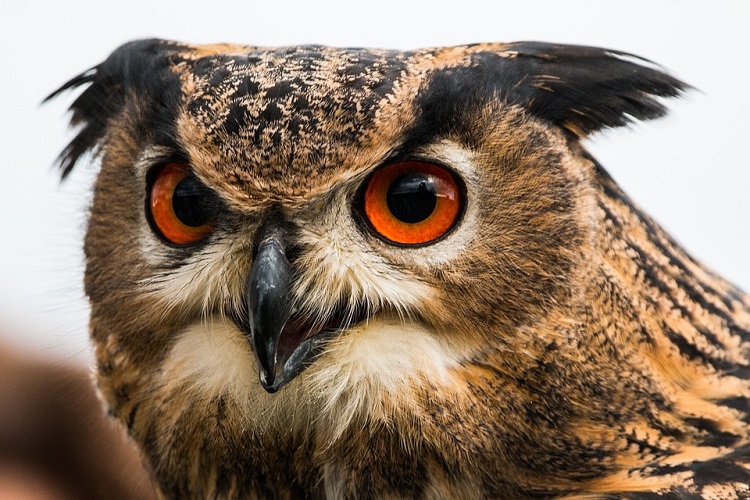If a black cat crosses your path, does that make you feel lucky or unlucky? If a bird flew inside your house, would you take that as a sign of good things to come or a bad omen? Most societies have perpetuated superstitions around certain animals. While in some cases this can lead to their protection and conservation, in others it can have unfortunate and negative implications for animals associated with bad luck or the supernatural.
Superstitions and beliefs in witchcraft continue to be strong in many parts of the world, including Africa, where several animal species are believed to be involved in the casting of spells, or where their presence is considered an omen of death.
where their presence is considered an omen of death.
However, some of these animals - for example, owls - can be highly effective predators of pest rodents such as rats, and can provide us with ecosystem services by helping to regulate rodent pest numbers. These natural pest control services are often not recognized in societies where the negative perception of owls leads to their persecution, with owls driven away or killed because of superstitious fears.
Research recently published by NRI’s rodent expert, Professor Steve Belmain, suggests that it is possible to change people’s superstitious attitudes to owls through educational programmes. The article “Low-intensity environmental education can enhance perceptions of culturally taboo wildlife” is published in the Ecological Society of America open access journal Ecosphere.
Steve Belmain explains: “The benefits of owls are clear, with good evidence that such predators can consume large numbers of pest rodents in crop fields. Understanding people’s beliefs and attitudes is the first step in trying to convince people to change their practices through raising their awareness. Our study shows that even quite limited eco-education can have positive impacts on changing people’s beliefs. However, embedding those changes into practice are difficult when animals are strongly linked to negative superstitions and fear. Our research suggests that conservation programmes targeting persecuted animals will need more intense and longer-term eco-education.”
The work presents a case study where specialists visited school children in South Africa to raise awareness about predators such as owls and their hunting activities. Although it was possible to change student attitudes a little towards more positive views of owls, fear of owls was strongly entrenched. Eco-education is needed across all societies to enable more sustainable pest control practices, where social scientists must work together with natural scientists to identify problematic issues and solutions.
The research is part of the EcoRodMan – Ecologically Based Rodent Management for Sustainable Agriculture and Food Security in Africa - project which is funded by the African Union. EcoRodMan carries out research into rodent pests and the damage they cause in crop production, the loss and contamination of stored food after harvest and the many health problems inflicted on people and domestic animals through the transmission of rodent-borne diseases.
To find out more about:

